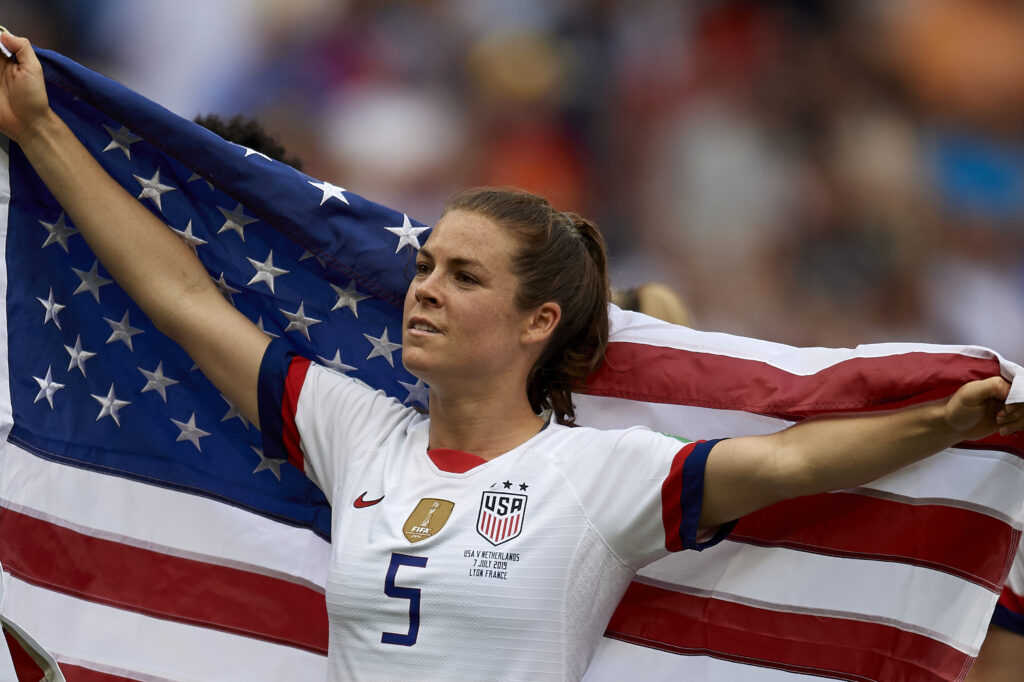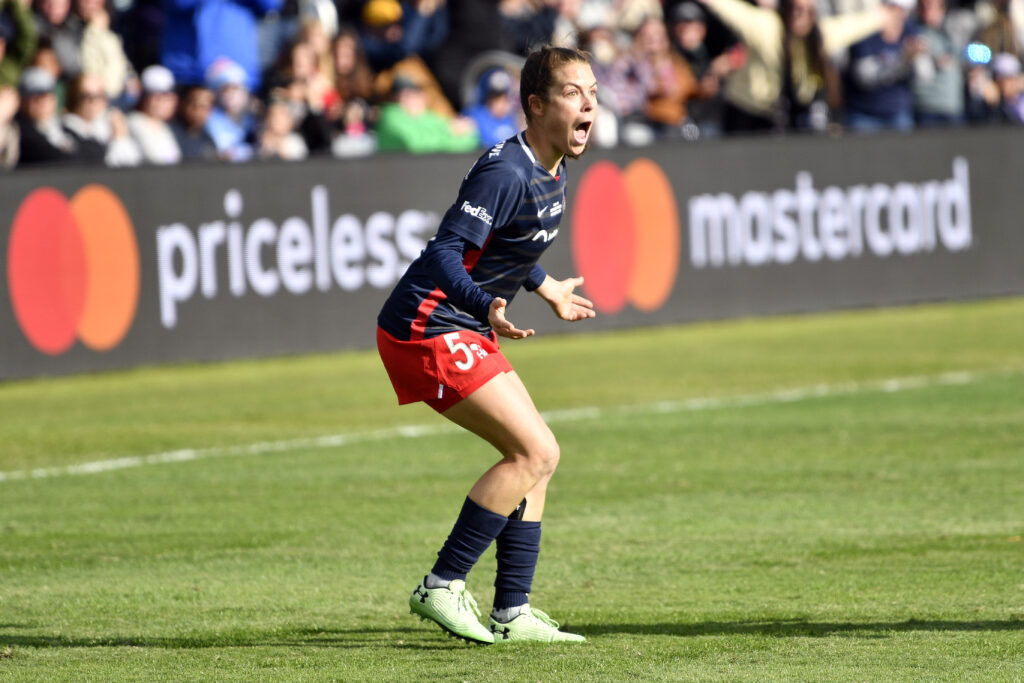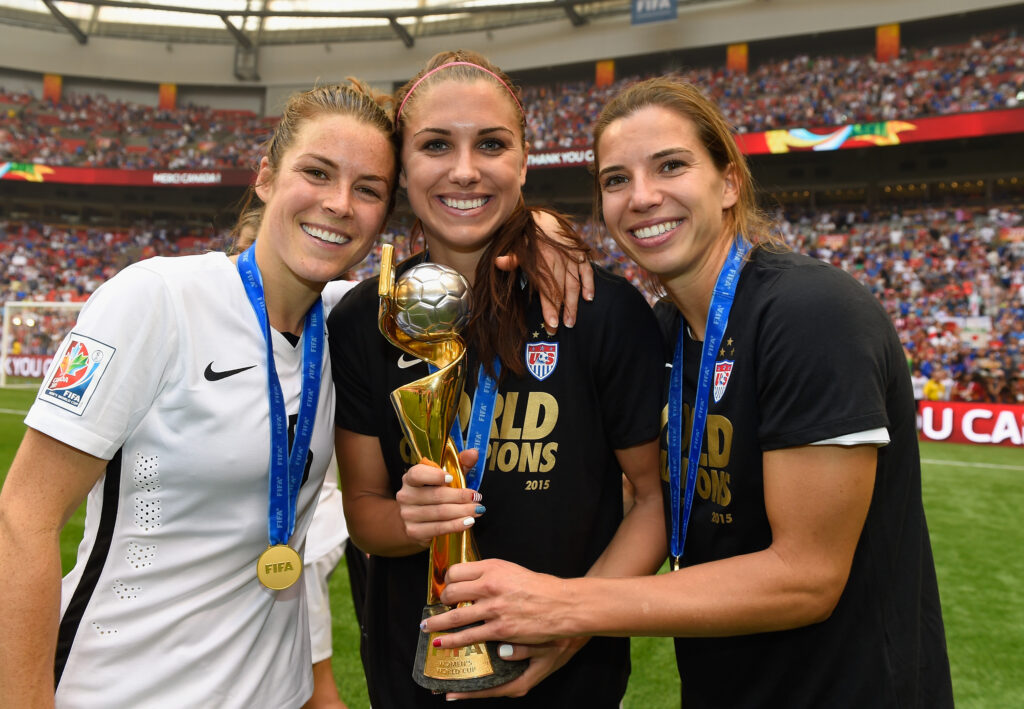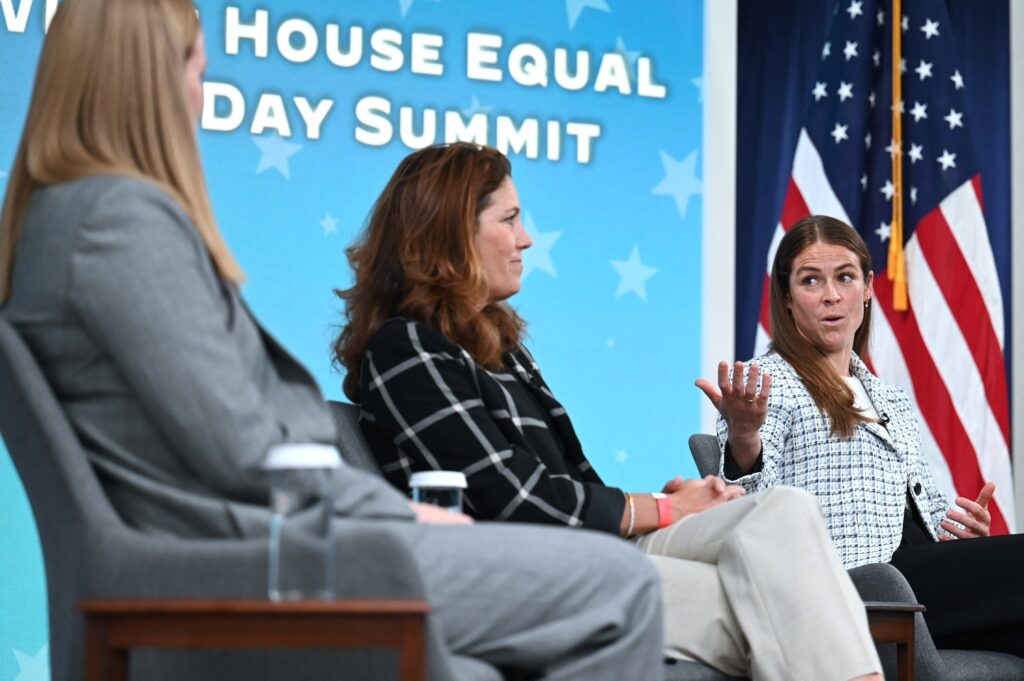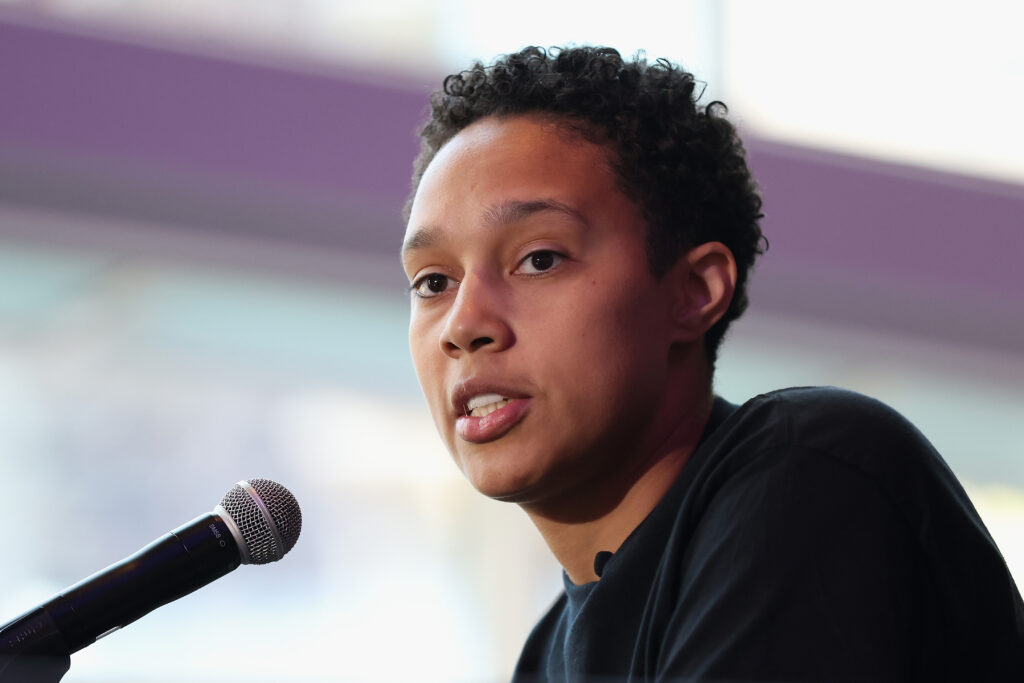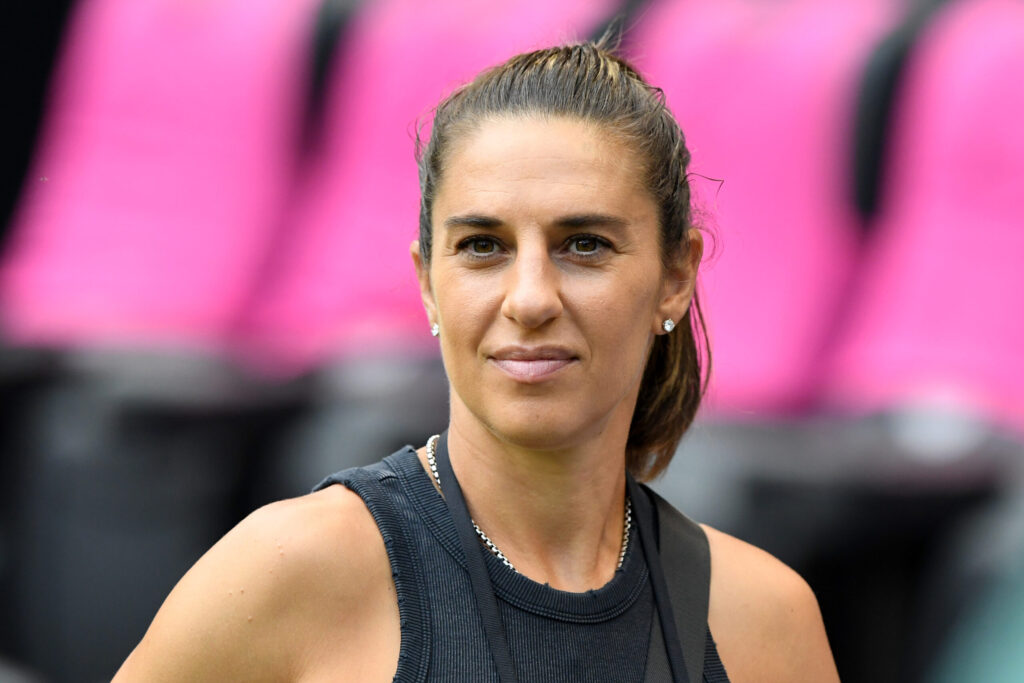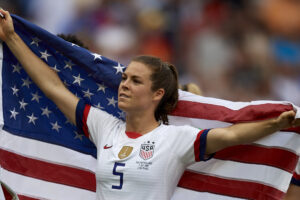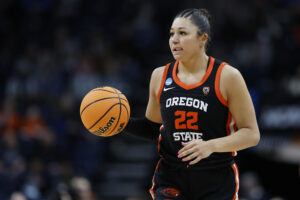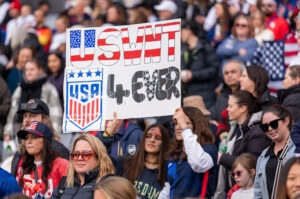As the NWSL calls it a wrap on a record-breaking 2020 season, all eyes now turn to those stars who are working to increase the visibility and support of the league and its world-class talent. But no, we’re not talking about the players.
For decades, fans of women’s soccer have emerged en masse in four-year cycles to cheer on the U.S. women’s national team as they battle it out for Olympic golds and World Cup Championships. But despite the adulation and fanfare that accompanies each triumph, professional female soccer players have routinely returned home to leagues fighting for survival and clubs that are wildly underfunded.
Despite monumental victories on the world’s stage, funding for the NWSL and the U.S. leagues which preceded it has often floundered due to a host of factors, many of which can be pinned on the unending fight for more air time and sponsorships.
That stops now.
The launch of Angel City FC, the first majority-women founded NWSL team, and one that is backed by a platoon of Hollywood stars, athletes, and influencers, marks a turning point for the longest-running women’s soccer league in U.S. history.
Welcome to the next evolution.
— Angel City FC (@weareangelcity) October 21, 2020
We are #AngelCityFC ✨⚽️ pic.twitter.com/FGdY9jEkNf
Over the next two years, the NWSL will add two new expansion teams, with Racing Louisville FC suiting up next year before the celebrity-backed LA squad hits the turf in 2022. Growth is a positive sign regardless of who is signing the checks, but the derivation and mission of Angel City FC represents a new model for growing professional women’s soccer. It’s a moment that’s turning inspiration into action, one that acknowledges that parades and morning television interviews aren’t enough to keep a business going year-after-year.
As reported by the New York Times, in a revolutionary shift from traditional protocol, the team owners worked together to implement a foundation of values for Angel City FC that were drafted in consultation with the U.S. women’s national team to ensure that the mission embodied the needs of professional female players. And unlike expansion teams in other sports battling to be the best, Angel City is gearing up to change the game for the entire NWSL by putting pay equity front and center while setting up the necessary infrastructures to make it a reality. It also marks the first time that former players themselves — Mia Hamm, Julie Foudy, and Joy Fawcett to name a few — are sitting in the front office.
The founding group, led by Natalie Portman, Kara Nortman, Julie Uhrman, and Alexis Ohanian, will launch the new team at a time when the NWSL is shattering ratings records, pulling in 653,000 viewers for the CBS network broadcast of the Challenge Cup final between the Houston Dash and Chicago Red Stars — a 293% increase compared to last year’s final, which garnered 166,000 viewers. All in all, the league increased its viewership by over 500% this year compared to last.
The LA team is also getting off the ground in the midst of a larger racial reckoning and cultural paradigm shift in the United States. As Olympian and world-champion defender Kelley O’Hara noted on the Just Women’s Sports podcast with Nneka Ogwumike of the Los Angeles Sparks, “sports can drive culture.”
2020 has proven that point in a number tangible ways, from the fight for gender equality to athlete-led protests against racial injustice and police brutality. The diversity exhibited by the founders and founding investors of Angel City FC embodies the notion that pushing the ball forward shouldn’t be the burden of the players alone.
Nearly 30 years ago, a squad of girls set out to revolutionize soccer and change the archaic narratives that were holding back the potential of professional women’s sports in America. Today, thanks in large part to those early USWNT squads, the dream has been realized, and girls around the world can turn on the TV and see themselves chasing victory.
The implementation of Angel City FC is a manifestation of years of imagining and re-imagining the potential of a professional women’s soccer league. It harkens back to the driving ethos behind the 1991 and 1999 U.S. teams, that no single player was out there for themselves, but they were all playing for each other — and for those who would follow.


